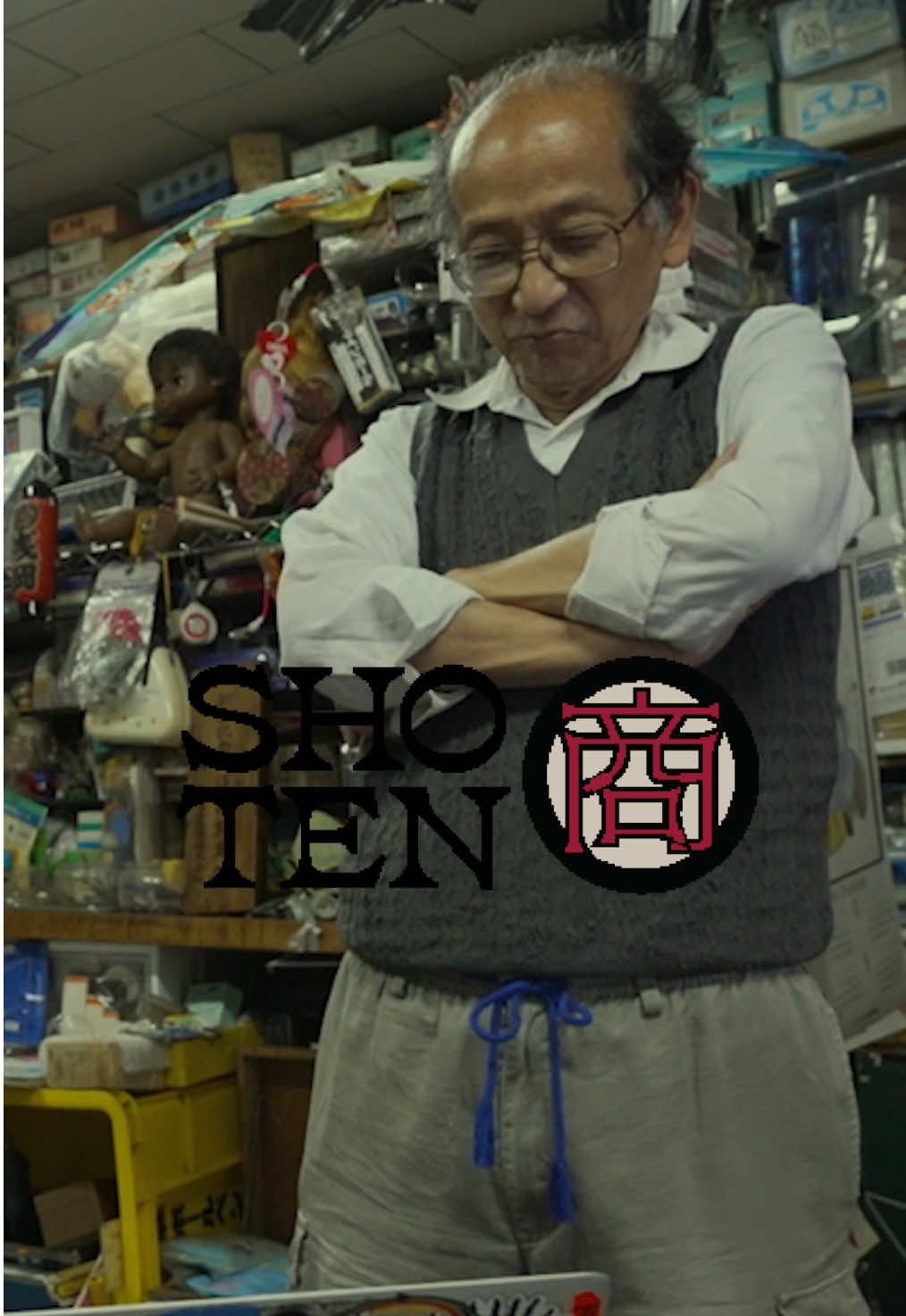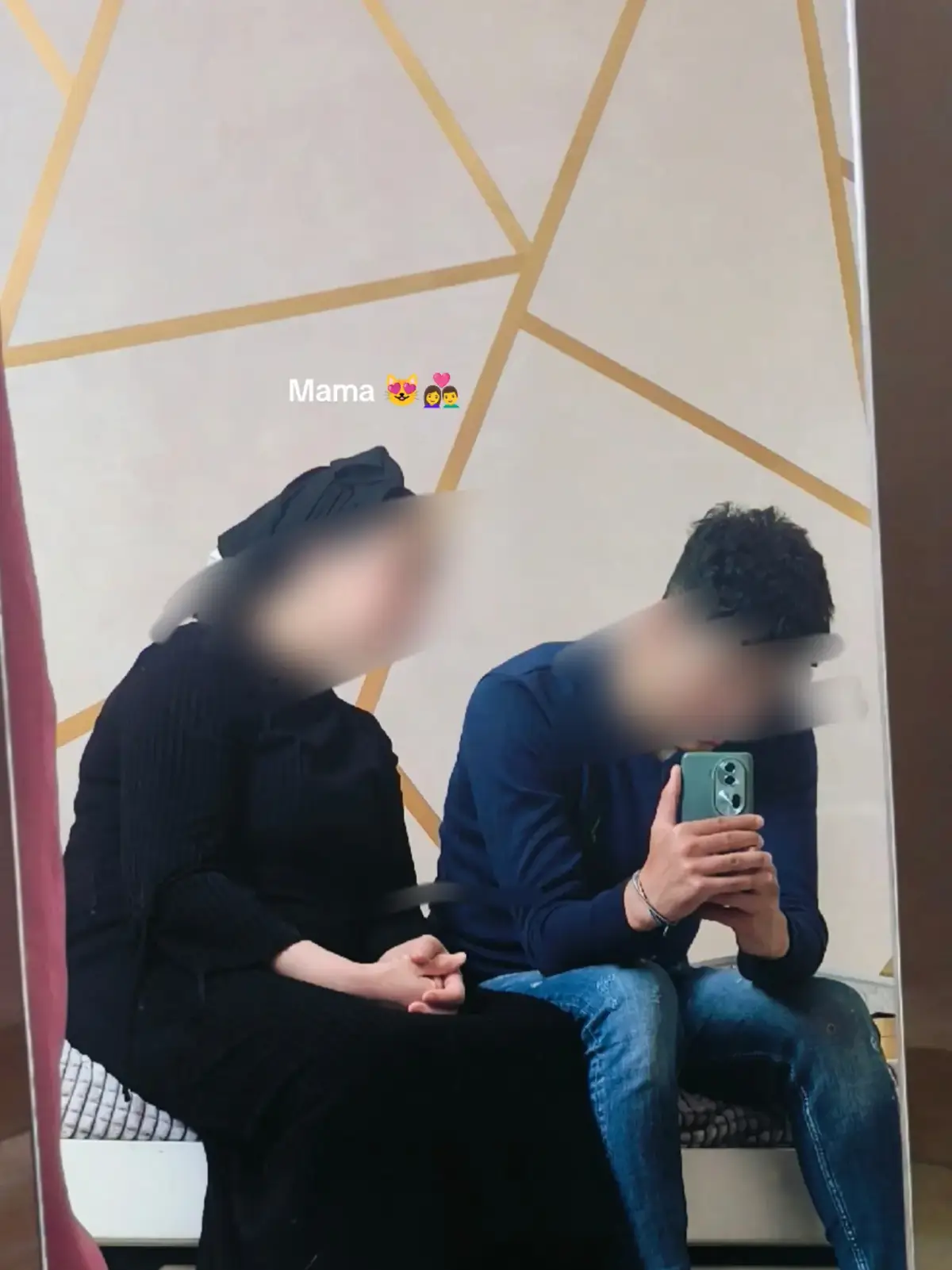Ayşenur Aslan
Region: TR
Thursday 26 December 2024 11:15:02 GMT
185
15
0
0
Music
Download
Comments
There are no more comments for this video.
To see more videos from user @aysenuraslans, please go to the Tikwm
homepage.





